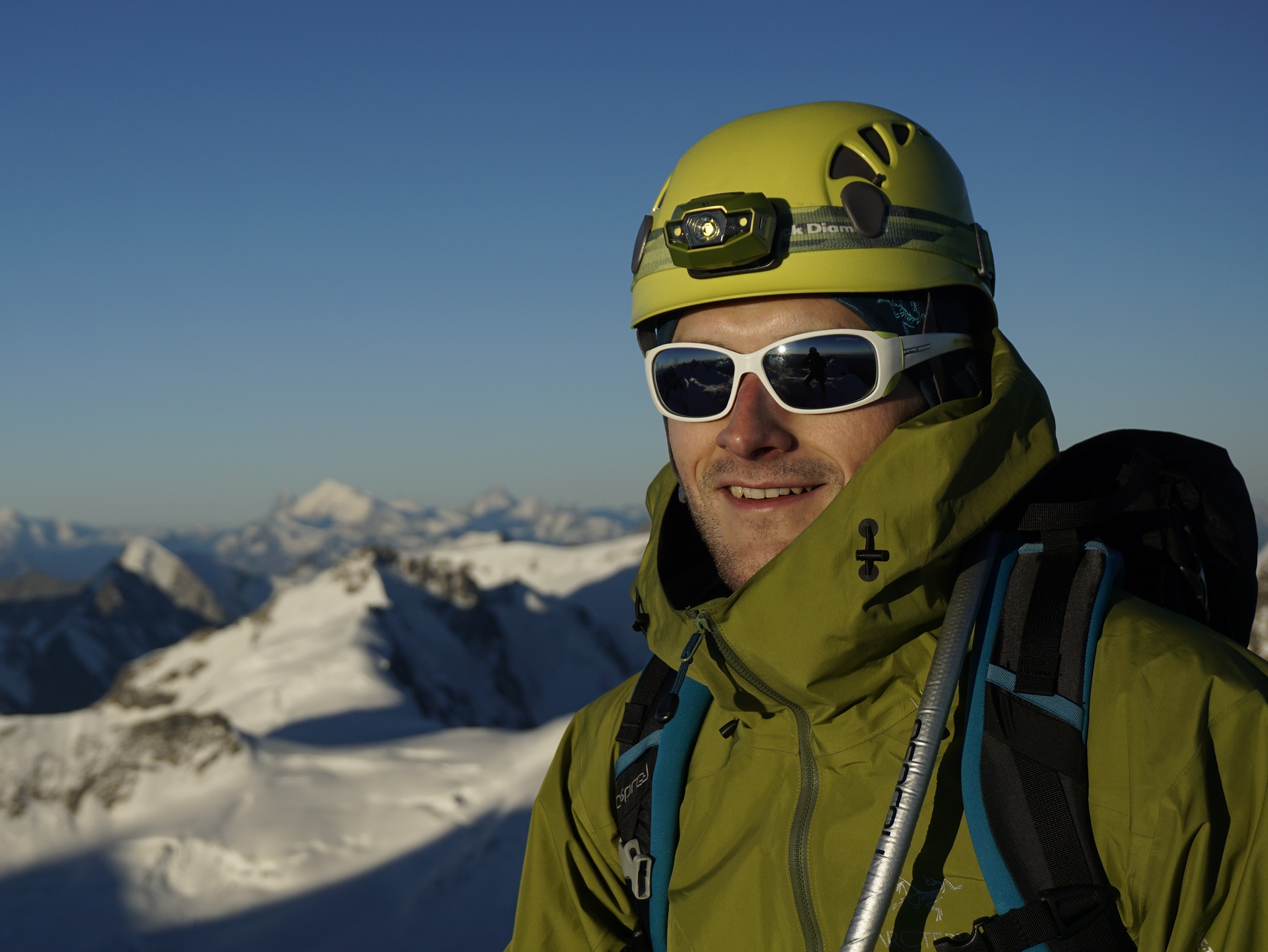Václav Janeček

Please write a bit about your background.
I was born Czechoslovakia and grew up in the heart of Wallachia. My hometown once was a famous climatic spa and now attracts tourists by the Wallachian Open Air Museum. My mother is now a retired tax advisor and my father is a retired software engineer. My older sister designs optical internet cables.
After finishing the high-school, I left the prospect of becoming a professional dog trainer and moved to Prague to read philosophy and law at Charles University. Prague was my home for almost ten years, with a one-year break at the University of Sussex where I studied English law. At Charles University, I wrote my first doctoral thesis in which I examined the concept of legal responsibility from comparative, historical, and philosophical viewpoints. Most importantly, I met my better half in Prague. She is now reading for a DPhil in Cyber Security.
Determined to pursue a career in academia, but unable to see myself doing so in the Czech Republic at the time, I decided to invest my savings into further education abroad. Thus, at the age of 29, I began an MSt in Legal Research degree at Keble College and a year later a DPhil in Law degree at St Edmund Hall, in both cases supervised by the brilliant Prof James Goudkamp.
What led you to a career in academia?
Curious by nature, I immensely enjoy doing research and solving problems that bring us together as a society. To this end, I felt that my talents could be put to the greatest use in academia. Also, I was a legal practitioner for several years and this helped me to see the enormous value legal academics can bring to the profession and our society, especially in areas which go beyond the client or litigant short-term needs.
But different countries and institutions have different academic traditions. After having spent some time at research institutions in the Czech Republic, Germany, Austria, Italy and England, and after having had many discussions with academic colleagues from other countries, I eventually left Prague for Oxford and its unique scholarly tradition and educational system where I am now trying to make my first career steps. It’s been a great privilege to work with so many great colleagues here so far.
What are your research interests and why have you chosen those particular areas?
I am interested in non-compensatory damages, in particular whether we can make better sense of them by looking at what these awards have in common. It seems to me that these non-compensatory awards play a much more important role in the functioning of English law than it is generally thought, because they allow us to redress violations of public interests.
Relatedly, I am interested in private law remedies—mainly damages—against unlawful data collection and commercial exploitation of personal data. Surveillance capitalism, as this practice is now often called, threatens not only individuals’ privacy and control over data, but also the functioning of modern liberal democracies. This raises some very interesting but difficult questions regarding the purpose and measure of damages awards in these cases. The Lloyd v Google LLC case, for example, seems to be just a beginning of a new trend in litigation concerning these practices.
I also look at how lawyers can learn to work with computer scientists and to deploy digital technology in order to provide better legal services or to conduct better legal research. To this end, I am also interested in how computer scientists can learn to develop digital products or services that comply with, or are complementary to, the existing laws and ethical principles that underpin them.
Finally, I am concerned with some foundational issues around access to legal information and the availability of digitalised legal information. It is shocking how inaccessible and incomplete the case law data in England is.
What are you working on at the moment?
At the moment, I am working mainly on two projects. As part of my doctoral project—which concerns non-compensatory damages and the role of public interests in this area of law—, I am now revising my final thesis in light of the examiners’ report. As part of the AI for English Law project, we have now published results of our research into the skills and knowledge gaps that prevent lawyers from implementing digital technology in their practice and providing tech-enhanced legal services. Based on our research, we have also piloted first two modules of the Oxford LawTech Education Programme, which is really exciting because it allows us to make our work more impactful while satisfying the needs of the legal profession.
What is your favourite thing to do in your spare time?
I love mountaineering, especially in the Alps. My favourite route in the UK is the Ring of Steall. Sadly, we had to cancel a long-planned journey to Patagonia due to the pandemic in early 2020, but at least we managed to do some hiking in the Western Tatras in September. In many ways, mountaineering reminds me of doing research.

